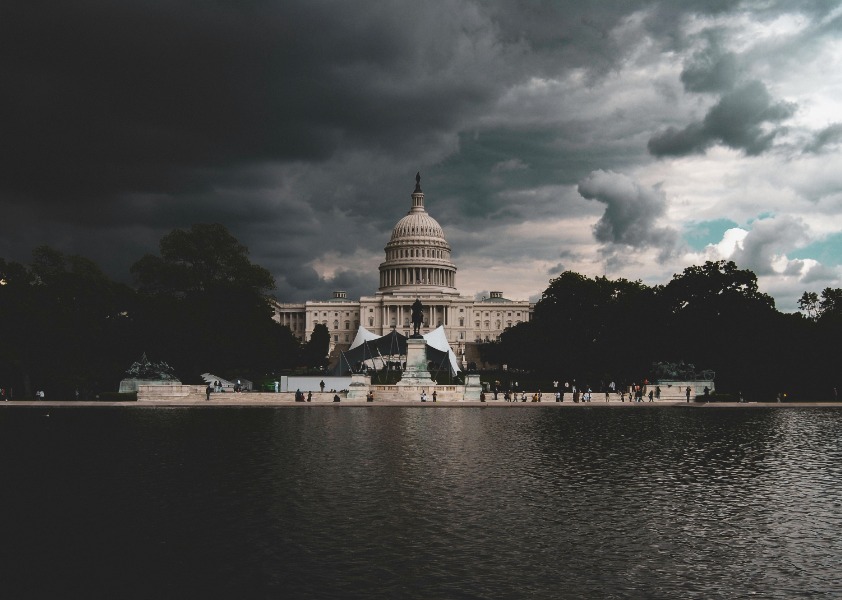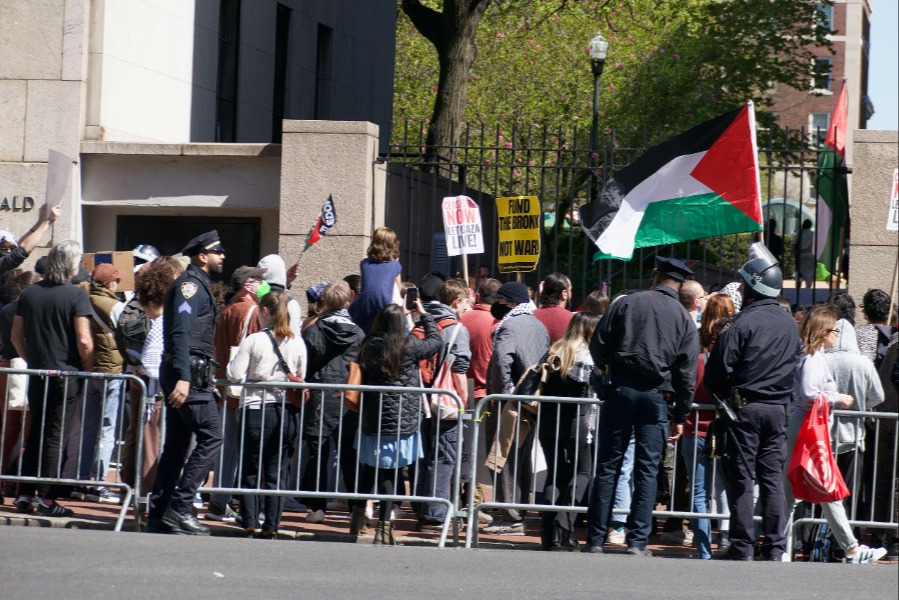Government Seeks Expedited Consideration in Transgender Service Member Ban Litigation
Last Wednesday, the government filed notices with the Ninth Circuit in Karnoski v. Trump and in the D.C. Circuit in Doe 2 v. Trump, informing the courts of the government’s intent to seek expedited review by the Supreme Court, bypassing the regular appeals process if necessary. In each case, the government is appealing preliminary injunctions which currently block implementation of a policy barring transgender individuals, with few exceptions, from serving in the military.
Published by The Lawfare Institute
in Cooperation With

Last Wednesday, the government filed notices with the Ninth Circuit in Karnoski v. Trump and in the D.C. Circuit in Doe 2 v. Trump, informing the courts of the government’s intent to seek expedited review by the Supreme Court, bypassing the regular appeals process if necessary. In each case, the government is appealing preliminary injunctions which currently block implementation of a policy barring transgender individuals, with few exceptions, from serving in the military.
A three-judge panel of the Ninth Circuit heard oral argument in Karnoski on Oct. 10 and has not yet issued a ruling. In its Nov. 7 letter, the government asked for an expedited decision so that, if the ruling is adverse to the government, it may submit a petition for a writ of certiorari to the Supreme Court no later than Nov. 23, which it says is necessary to ensure the case can be heard during the current term. If the court does not issue a ruling by then, the government will file a cert petition before judgment, an unusual request that the Supreme Court will only grant “upon a showing that the case is of such imperative public importance as to justify deviation from normal appellate practice and to require immediate determination in this Court.” The government claims that review is urgently needed because “the district court’s preliminary injunction prevents the military from implementing a policy that, in its professional judgment, is necessary to ensure readiness, good order and discipline, steady leadership, unit cohesion, and effectiveness and lethality, among other interests.”
The D.C. Circuit set oral argument on the government’s appeal in Doe 2 for Dec. 10. The government accordingly notified the court of its intent to seek certiorari before judgment in that case, for the same reasons discussed above.
The plaintiffs in each case responded that there is no reason to accelerate the already-expedited appeal; that the government’s urgency is belied by its previous litigation choices, including its decision not to seek a stay from the Supreme Court pending appeal; and that the interlocutory appeal does not squarely present the merits issues on which the government apparently intends to seek certiorari before judgment. The plaintiffs also rebut the government’s claim of imminent injury, noting that the Obama-era policy allowing open service “has now been in effect for more than two years without any showing of any actual adverse effects ...”
The documents filed in both cases are below:
Ninth Circuit: Government Request for Expedited Decision
Ninth Circuit: Plaintiff's Response





